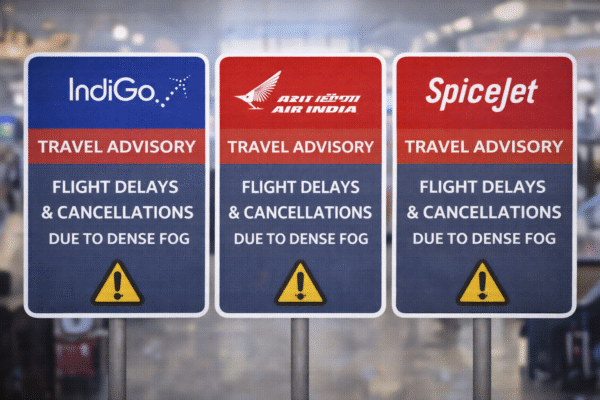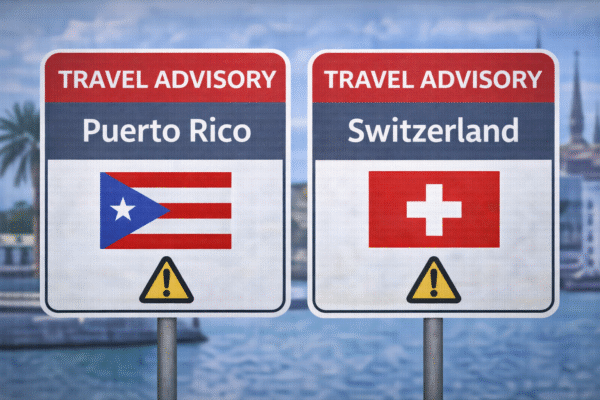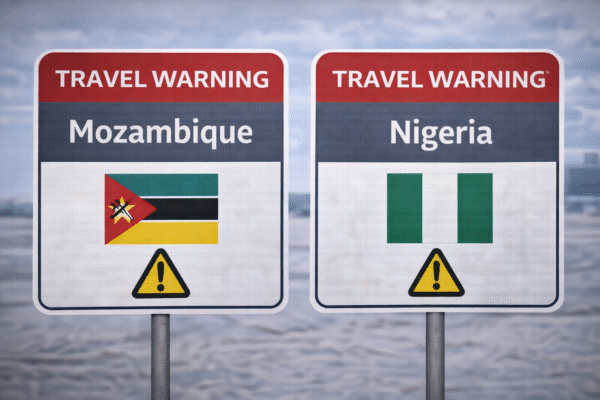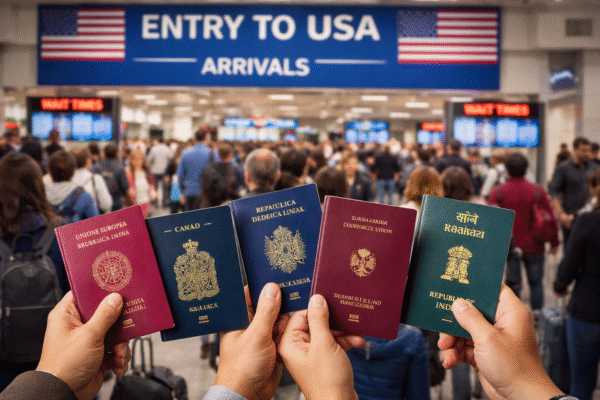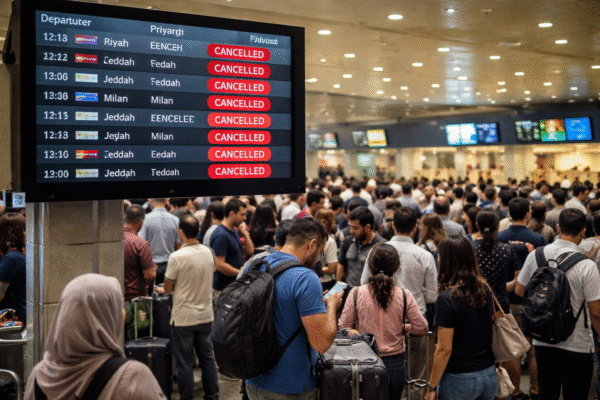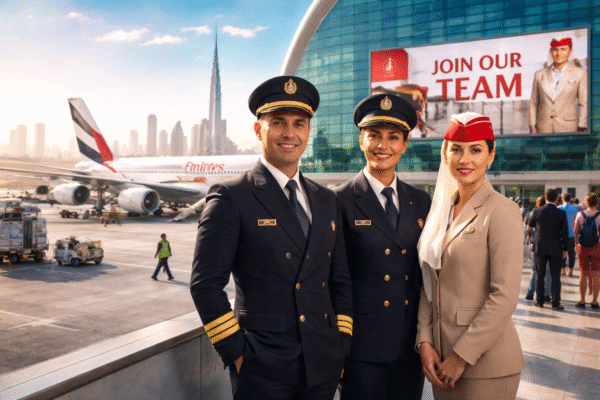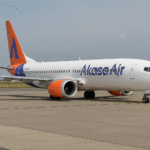A Vietnam Airlines Boeing 787-9 flight, operating as VN30 from Frankfurt to Ho Chi Minh City, was forced to make an unscheduled landing in Istanbul after a passenger suffered a severe medical emergency. The incident, which occurred roughly one hour into the journey, prompted swift action from the cabin crew and onboard doctors. Despite immediate first aid, the passenger’s condition deteriorated, leaving the captain no choice but to divert to Istanbul International Airport.
This emergency diversion delayed the flight’s scheduled arrival in Ho Chi Minh City by more than three hours. While such interruptions are inconvenient, Vietnam Airlines emphasized that the health and safety of passengers take precedence over punctuality.
Swift Response to Passenger’s Critical Condition
The passenger, a 57-year-old Vietnamese man, began to display signs of distress shortly after departure from Frankfurt. Once the cabin crew issued a call for assistance, three doctors who happened to be traveling stepped forward to provide medical support.
Although the doctors administered first aid, it became clear that urgent hospital-level treatment was necessary. Recognizing the seriousness of the situation, the flight crew worked closely with medical advisors to decide on the safest option. Istanbul, strategically located along the route, became the emergency landing point.
Upon landing, medical teams were on standby to immediately transfer the passenger to a nearby hospital. This rapid handover underscored the effectiveness of international airport emergency protocols and the airline’s prioritization of passenger welfare.
Flight Operations and Delay Management
Once the passenger was safely transferred to medical professionals, the aircraft underwent standard safety checks, refueling, and clearance procedures. Vietnam Airlines ensured that the continuation of the journey was as smooth as possible for the remaining passengers.
The delay, though lasting more than three hours, was handled with efficiency. Passengers remained onboard during the servicing process, and updates were provided regularly to maintain transparency. The aircraft then resumed its flight to Ho Chi Minh City, arriving later than scheduled but with safety fully ensured.
Pattern of Recent Medical Diversions
This was not an isolated event for Vietnam Airlines. In recent months, the airline has reported several diversions linked to medical emergencies. For instance, one flight bound for Frankfurt was rerouted through Turkey due to a passenger experiencing respiratory distress. Another incident occurred on a domestic route between Da Nang and Hanoi, when a female passenger required urgent medical assistance, leading to an early landing.
Such cases highlight the unpredictable nature of air travel, especially during long-haul flights where health issues may arise suddenly. Airlines are increasingly focusing on crew training and enhanced medical readiness to manage these scenarios effectively.
Passenger Health Awareness and Travel Preparedness
Medical emergencies in the air are reminders that long-haul flights can place additional stress on the body. Prolonged sitting, changes in air pressure, and dehydration can aggravate pre-existing conditions. Health authorities and airlines alike encourage passengers with known health risks to seek medical advice before traveling.
Simple preventive steps can help reduce risks during extended flights. Staying hydrated, moving regularly, and avoiding excessive alcohol or caffeine intake are widely recommended practices. For travelers with chronic conditions, carrying necessary medication and informing cabin crew of any special needs is also essential.
Vietnam Airlines has been actively promoting health awareness campaigns to educate passengers, particularly those embarking on intercontinental routes. The airline highlights that preparedness not only ensures personal well-being but also minimizes disruptions for fellow travelers.
Airline Preparedness and Safety Protocols
Airlines across the globe, including Vietnam Airlines, have comprehensive emergency response frameworks in place. These include equipping aircraft with advanced medical kits, training crew members in first aid and cardiopulmonary resuscitation (CPR), and establishing communication protocols with ground-based medical experts.
In the event of a medical crisis, pilots are empowered to divert flights to the nearest suitable airport where immediate care can be provided. This decision is made in consultation with onboard medical professionals and ground control. Such procedures, though occasionally inconvenient, reaffirm aviation’s longstanding safety-first principle.
The Bigger Picture for Vietnam Airlines
Vietnam Airlines, as the flag carrier of Vietnam, has built a reputation for prioritizing safety and service quality. Incidents like the VN30 diversion reinforce the airline’s commitment to safeguarding passengers in every situation. While delays are never ideal, they reflect the necessary trade-off between punctuality and human life.
For Vietnam’s tourism and aviation sector, such professionalism is reassuring. As international travel continues to rebound, passengers are increasingly attentive to how airlines handle crises. Demonstrating capability and compassion in emergencies strengthens traveler confidence and bolsters the airline’s standing in global aviation.
Conclusion
The emergency diversion of Vietnam Airlines flight VN30 to Istanbul may have caused inconvenience for passengers, but it also highlighted the critical importance of quick action, professional training, and international cooperation in ensuring safety. The airline’s decisive handling of the incident underlines a broader message: while timetables and connections are important, the well-being of passengers will always come first.
For travelers, the event serves as a reminder to prioritize personal health when embarking on long-haul journeys. From consulting doctors before flying to taking simple steps during the flight, individual awareness is just as crucial as the airline’s preparedness. Together, these measures help ensure that even in unexpected situations, safety remains the foundation of modern air travel.
For more travel news like this, keep reading Global Travel Wire




